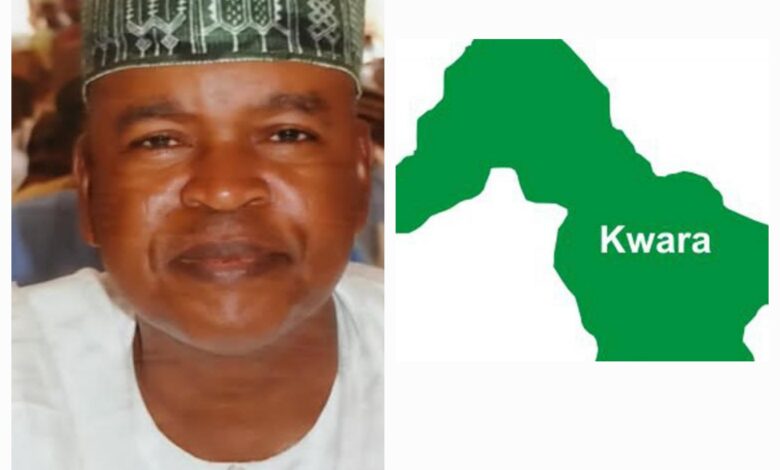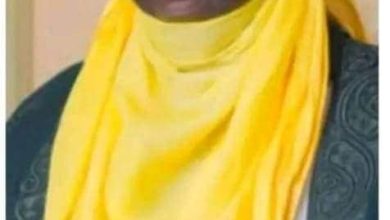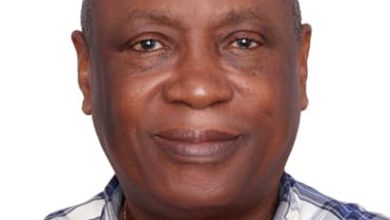Towards 2027 in Kwara State

By Prof. Hassan Saliu.
As 2027 approaches, politicking is gaining momentum in Kwara State, with gubernatorial aspirants intensifying their efforts, disguising their intentions behind philanthropic gestures. However, it is concerning that they may not fully comprehend the responsibilities that come with the job.
There are myriad of issues that confront the state in the area of governance that I strongly believe are being glossed over, while the jostling for the position of Governorship of the State. Only a few of such issues are raised in this write-up.
To be sure, this piece is not directed at any politician, past or present. As a public intellectual, I have intervened in the state’s public affairs on several occasions. In 2015, I wrote an article titled “Beyond 2015 Election in Kwara State,” highlighting critical governance issues that would outlast the election euphoria.
Specifically, under Governor Abdulfatah Ahmed’s administration, I publicly shared my thoughts on the issue of bonds, the funds being sought from the capital market and its implications. Similarly, in the course of the current administration, I have discussed the land dispute between the Kwara State Government and the Saraki family.
The focus of this piece, which is intended to sketch out some issues around governance of the State, is to emphasize the need for meaningful governance in Kwara State. While our politicking too requires re-examination, my primary concern in this piece is the second phase of politics, public governance.
I start with conceptualizing democracy and its practice. This is necessary because here in Africa, democracy is being seen most times as the exclusive preserve of the leaders, beyond the rituals of elections. For the purpose of this effort, I see democracy as a system anchored on constitutionalism and participation of the people in enacting and sustaining it. Sovereignty in the democratic enterprise lies with the people in the real sense of the word. This reality is important for our politicians to note.
The aspirants must also note that after close to twenty-six years of its return to the country, the citizens expect a better level of democratic practice from the leaders. Based on this, one urges the aspirants to take the time out of their busy schedules to reflect on the concept of democracy from the point of view of the people. In most cases, democratic operators in Nigeria are very far from its standard practice that reflects in making the people the central issue.
On this occasion, I consider the assumption that government has no role in economic development as being misguided, given the state’s current developmental stage. In reality, we lack basic infrastructure, and access to loans is challenging for many. This underscores the need for government intervention to stimulate growth and development. Even in advanced capitalist systems, governments play a crucial role in creating wealth through many schemes such as stimulus packages and distributing resources across critical sectors.
It is an incontrovertible fact that the people of the state lack the purchasing power to support local businesses, and entrepreneurs often rely on government support for success. Therefore, the next state government must appreciate its responsibility to support production and stimulate growth.
Investing in grand projects without generative capacity only perpetuates poverty and puts democracy in danger of non-performance and ineffectiveness. Instead, investments should be channelled into sectors that foster prosperity. As much as possible, isolated or “white elephant” projects that only boost the ego of elites should be avoided, prioritizing initiatives that resonate with the masses and liberate them from poverty.
The point being made is that public governance should drive wealth creation, prioritizing empowerment for the people over self-serving interests. A holistic approach to governance is necessary, recognizing the need for careful planning and proactive steps to create prosperity.
One is aware of some efforts made in the past to develop development documents for the state, but the observation is that most times such documents were not shared with the public to encourage their buy-in and involvement in their implementation. The plain truth is that the various Plans have not been made widely accessible, creating a disconnect between the government and the people. This situation should be reversed in favour of being more democratic about such documents by the new Governor of the state.
Aspirants for the governorship position should prioritize wealth creation, support production, and involve the people in governance. They need to appreciate the fact that democratic governance is becoming increasingly sophisticated, measuring success in terms of empowerment capabilities.
The next Governor should surround himself with experienced and knowledgeable individuals, rather than novices, sycophants and peddlers of untruths. This will create an enabling environment for development and ensure that the Governor’s legacy is positive.
Modern governance requires creating opportunities through bipartisan cooperation. The next Governor should be prepared to work with individuals from various backgrounds, both within and outside the state, to drive development.
Politics is inherently conflictual, but it can also facilitate consensus-building. The next Governor should prioritize dialogue and consultation, recognizing that these are essential components of democratic governance. Needles to say that dialogue lubricates the effective functioning of democracy.
In conclusion, Nigeria is in a democracy, and the next Governor of Kwara State must prioritize the people’s interests. This includes consulting with them on key issues, ensuring their involvement in governance, and creating an enabling environment for development. By doing so, the Governor can leave a lasting legacy and ensure that the people of Kwara State are empowered to drive their own development.
Hassan A. Saliu





